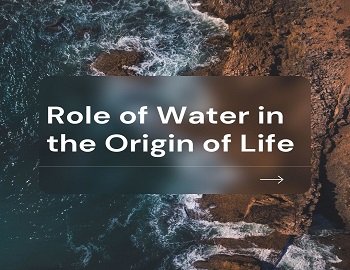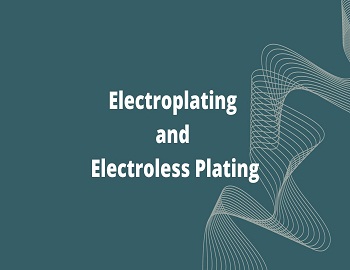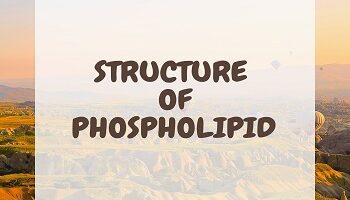Table of Contents
Additional or Accessory Excretory Organs:
Besides the kidney, there are many other excretory organs like-
Excretory Role of Skin:
Skin serves as an excretory organ in many aquatic animals like Hydra, Starfish, Annelids etc. These animals excrete ammonia into the surrounding water by direct diffusion through skin. But in higher terrestrial animals, the skin becomes impermeable to water to prevent the loss of body’s water.
Human skin plays a minor excretory role through its gland. Human skin has two types of glands- Sweat (Sudoriferous) gland and Sebaceous (oil) gland.
Sweat (Sudoriferous) gland:
The sweat gland excretes the waste in the form of sweat, the process is called sweating. Sweat contains H2O, inorganic salts like NaCl, urea, and lactic acid in traces and glucose. The rate of sweating is totally dependent upon the environment temperature, relative humidity, and physiological activity of a person. Sweat during the exercise excretes more lactic acid which is produced in the skeletal muscles by glycolysis. During sweating, there is a loss of salt but it will not cause any harm to the person, however, there is a loss of plenty of H2O. But the salt concentration of body fluid does not undergo any change. But when the person drinks plenty of H2O, it will create an imbalance in electrolytes, finally causing muscular cramps. Such a person should be advised to take a dilute salt solution or ORS (oral rehydration salt).
Sebaceous (oil) gland:
Sebaceous glands are branched saccular glands opening in hair follicles. These secrete an oily secretion, called sebum, formed of lipids like waxes, sterols, hydrocarbons, and fatty acids. This secretion provides a protective oily coat over the skin.
Role of Lungs in Excretion:
Carbon dioxide and water (in the form of vapors) are two important volatile metabolic waste products that are continuously eliminated in the expired air. Lungs have an abundant amount of O2 and oxidize various foreign substances thus helping in the process of detoxification. It is estimated that lungs expel about 18 liters of Carbon dioxide per day and about 400 ml of water per day in normal resting conditions.
Role of Liver in Excretion:
Liver is the master organ of the body. It helps in excretion in the following ways-
- The liver produces bilirubin and biliverdin from the hemoglobin of worn out RBCs. These bile pigments are passed out along with the fiscal matter of the alimentary canal.
- The liver also excretes cholesterol, degraded steroid hormones, certain vitamins (like vitamin C), and toxic drugs via bile. The infected or damaged liver does not remove bile pigments which get collected in the blood and cause jaundice. The bile pigments give yellow color to the skin.
- The liver also deaminates the excess and unwanted amino acids producing ammonia which is combined with carbon-dioxide to from urea in the ornithine cycle.
Role of Large Intestine in Excretion:
Epithelial cells of the colon transfer some inorganic ions, such as calcium, magnesium, and iron from the blood into the lumen of the intestine for removal along with faecal matter.
What are the differences between sweat and sebum?
The following are the points of difference between sweat and sebum.
| Sweat | Sebum |
|---|---|
| It is secreted by the sweat gland. | It is secreted by the sebaceous gland. |
| It contains sodium chloride, water, lactic acid, urea, amino acids, and glucose, etc. | It contains waxes, sterols, fatty acids, and some hydrocarbons. |
| It helps in maintaining body temperature by its cooling effect and in excretion. | It makes the skin waterproof and hair greasy. |
| It is released to the surface of the skin by sweat pores. | It is released to the surface of the skin through the hair follicles. |
| It is secreted everywhere on the body parts. | It is secreted everywhere on the body parts except the palm and sole. |









Comments (No)